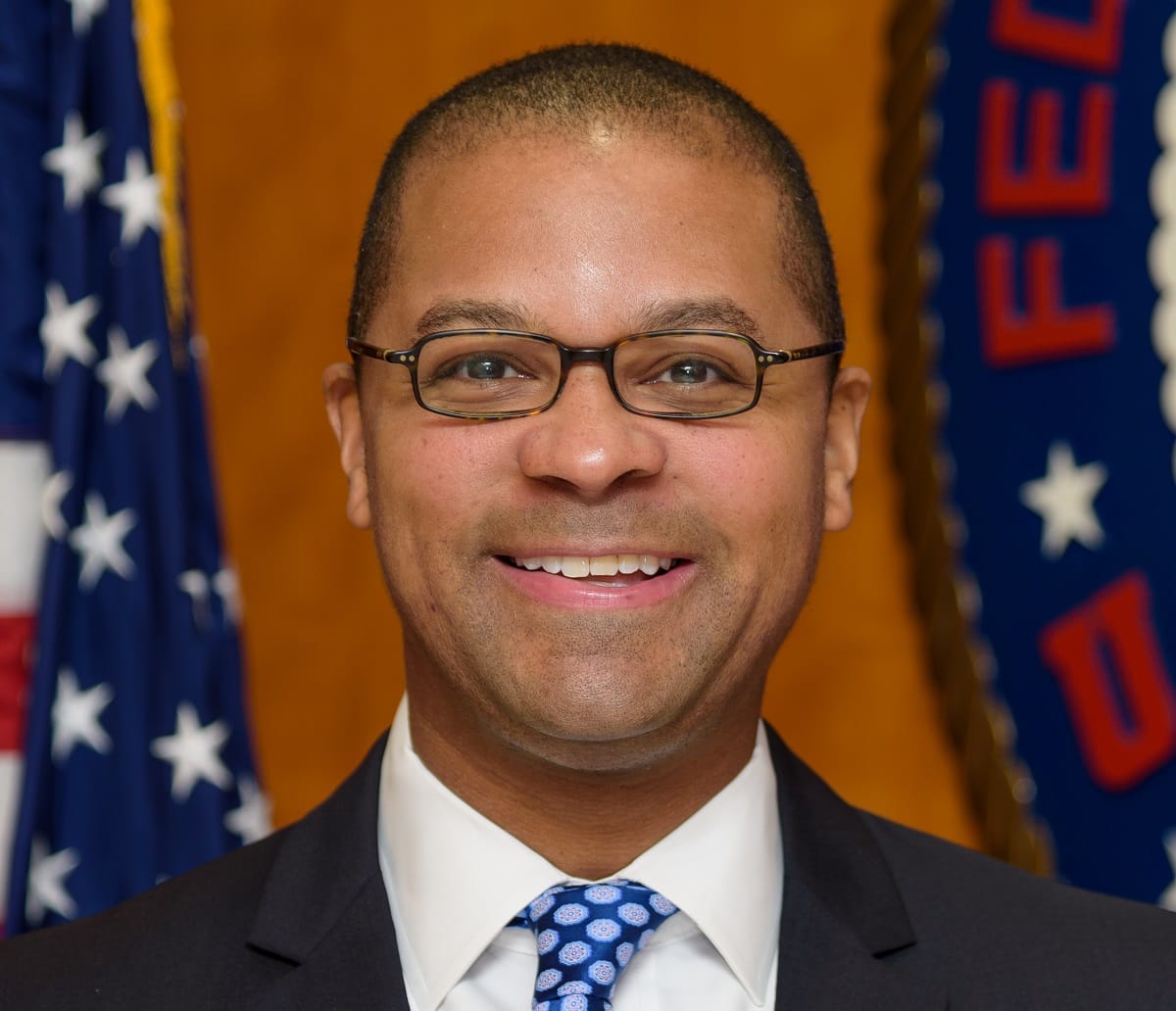FCC Commissioner Starks Charges Malfeasance by Sprint, Spectrum Sharing Bill, Facebook’s Rules for Pols
The Federal Communications Commission announced on Tuesday that Chairman Ajit Pai is issuing an investigation into Sprint’s alleged misappropriation of Lifeline support for 885,000 ineligible accounts. Lifeline is part of the Commission’s Universal Service Fund, helping low-income Americans pay for

The Federal Communications Commission announced on Tuesday that Chairman Ajit Pai is issuing an investigation into Sprint’s alleged misappropriation of Lifeline support for 885,000 ineligible accounts. Lifeline is part of the Commission’s Universal Service Fund, helping low-income Americans pay for phone service.
Commissioner Geoffrey Starks said in a statement that Sprint’s misconduct amounts to “corporate malfeasance.”
“Moreover, this announcement directly impacts our review of the proposed merger between Sprint and T-Mobile, one of the largest wireless transactions in FCC history,” he said, “There is no credible way that the merger before us can proceed until this Lifeline investigation is resolved and responsible parties are held accountable.”
Starks added that the Commission currently has multiple high-profile investigations implicating the two companies that remain unresolved. One of which includes allegations of the dangerous and unlawful disclosure of wireless customer geolocation information.
Reps. Doyle and Latta introduce bipartisan bill to promote spectrum sharing
U.S. Representatives Mike Doyle, D-Pa., and Bob Latta, R-Ohio., announced a bill on Tuesday that would promote more efficient sharing of the radio-magnetic spectrum that is assigned for federal use.
The Studying How to Harness Airwave Resources Efficiently Act, H.R.4462, would direct the National Telecommunications and Information Agency in consultation with the Federal Communications Commission to establish a research and development program to explore new ways for multiple federal entities to share the spectrum that has been assigned to them. The bill also authorizes $50 million for the spectrum sharing research and development program.
“We need to ensure that the federal government uses its spectrum in the most efficient way possible,” said Doyle. “My hope is that this legislation can help the federal government be more a better steward of this precious and limited resource and in so doing facilitate more spectrum for future innovative technologies and increased commercial use.”
“Spectrum is a valuable, limited resource that is widely used for countless federal and commercial purposes – from completing critical defense missions to building a 5G network to connecting to Wi-Fi,” said Latta. “The SHARE Act recognizes that we need to harness the full potential of federally-held spectrum by having the appropriate entities explore ways to efficiently share this important asset.”
Facebook continues to change its guidelines for speech by politicians
Vox reported on Tuesday that Facebook clarified its guidelines on politicians’ online content, saying that “it is not our role to intervene when politicians speak.” However, the site may remove posts if there is evidence that the content could “lead to real world violence and harm.”
Facebook Communications Head Nick Clegg expanded on the policy in a blog post.
“If someone makes a statement or shares a post which breaks our community standards, we will still allow it on our platform if we believe the public interest in seeing it outweighs the risk of harm,” Clegg writes. “From now on we will treat speech from politicians as newsworthy content that should, as a general rule, be seen and heard.”
Last year, Facebook stated that it won’t send politicians’ claims to fact-checking organizations. But if a politician shares previously debunked content, it will be demoted and paired with fact-checker notes — just like it would be on the rest of the platform.
Facebook is balancing these rules with its efforts to remove misinformation, such as political content from outside governments, and dehumanizing speech that encourages violence against minority groups.
In his speech at the Atlantic Festival, Clegg also denounced the prospect of breaking up Facebook, which is currently facing state, federal, and congressional antitrust investigations in the US.
“Pulling apart globally successful American businesses won’t actually do anything to solve the big issues we are all grappling with — privacy, the use of data, harmful content and the integrity of our elections,” he said.









Member discussion